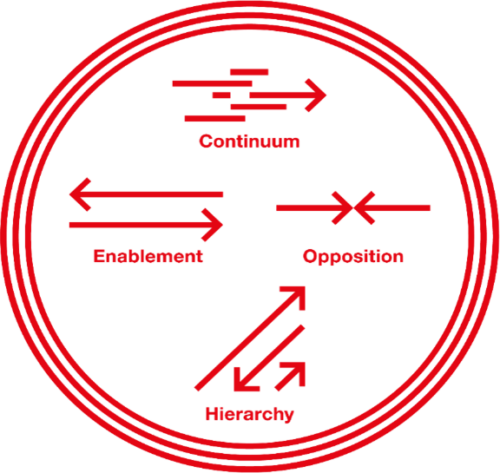Crisis Research
 The current research projects of the nccr – on the move focus on the impact of public health, economic, political and environmental crises on migration and (im)mobility.
The current research projects of the nccr – on the move focus on the impact of public health, economic, political and environmental crises on migration and (im)mobility.
The eleven projects share the view of crises as events with large-scale effects perceived as fundamental challenges that require responses and which may critically transform existing conditions. This understanding promotes an interdisciplinary approach to crisis research and bridges different perspectives in existing academic debate.
Moreover, the research projects of the NCCR share a longitudinal and multi-scalar geographical stance, looking at the impact of crises on human mobility at inter- and supranational, national, regional and local scales over time. Moreover, the research foci address three topical levels:
- Perceptions: The development and politicization of crisis narratives, and relatedly, of the perception of migration and mobility by various stakeholders.
- Governance: The transformations in migration and mobility governance in response to a given crisis.
- Practices: The positionalities and actions of people in response to migration, mobility and immobility, and their governance, during a crisis.
The NCCR research will continue to employ the lens of the Migration-Mobility Nexus (MMN) to understand how and why, in the context of crises, migration and (im)mobility are bound together and what consequences this entails. For instance, the MMN helps to understand how the sudden interruption of almost all international mobility after the outbreak of COVID-19 produced changes in the existing hierarchies of movement, by immobilizing normally highly mobile groups, such as tourists, while facilitating the mobility of ‘essential’ workers.
The current focus on crises research started already in our second research phase (2018-2022), as some of our projects examined the implications of the COVID-19 pandemic, for instance for bordering discourses regarding migration and mobility in Europe or for the digitalization of the work of IT specialists.
The longitudinal dataset Citizenship, Migration and Mobility in a Pandemic (CMMP) further traces how governments have constrained and then loosened again human movement throughout the COVID-19 pandemic. On the one hand, it tracks the restrictions to international travel implemented by 204 countries (24 January 2020 – 24 May 2021). On the other hand, it correlates policies related to border control and the regulation of internal mobility by 29 countries in Europe (1 March 2020 – 31 May 2020).


